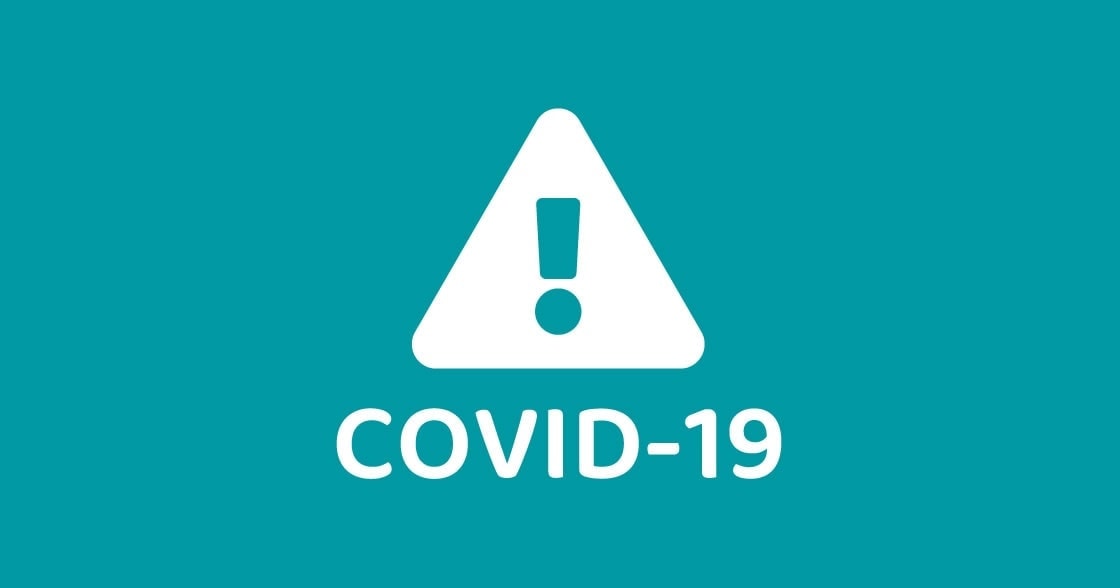Omicron, new COVID-19 subvariants, flu and other respiratory illnesses, are putting additional significant pressure on our health system. While this isn’t unexpected in winter, hospitals across the Canterbury region, as are other health districts around New Zealand, have been experiencing pressure.
Te Whatu Ora – Waitaha Canterbury says continued sustained pressures on the health system have delayed re-opening its rural community hospitals in Ellesmere, Darfield and Waikari.
“While these hospitals have been closed for longer than originally anticipated, communities, patients and staff can be assured that we have established planning and processes in place for coping with these types of seasonal pressures,” says Becky Hickmott, Executive Director of Nursing.
“However at this stage, we do not have a definite date yet for re-opening these rural hospitals, as it is dependent on the ongoing demands of COVID-19 and other pressures on our health system, including workforce needs which continue to be challenging.
“While we are working through when we can reopen the rural hospitals, we are also taking this opportunity to discuss with our rural communities, including our staff who are a vital part of these communities, how we might deliver in the future an improved mix of services in these rural areas that makes the best possible use of our resources and allows some services to be provided closer to home.”
“I want to reassure people that if they need care or help from health professionals, they should keep going to the places where they would usually get care, whether it’s a GP or specialist appointment in hospital. Care and delivery will continue.
“Moving forward, local health services are going to be designed around the needs and priorities of communities, with clear requirements for active engagement and consultation. Changes to the way health is delivered will mean local people and their communities, including iwi, will have a say on which health services are provided, and how they’ll be provided,” says Becky Hickmott.
“This engagement, which we are in the process of getting underway, will form the basis of a plan for our rural communities.
“We all want New Zealanders to have easier access to quality health care closer to home – no matter who they are or where they live.”
ENDS

